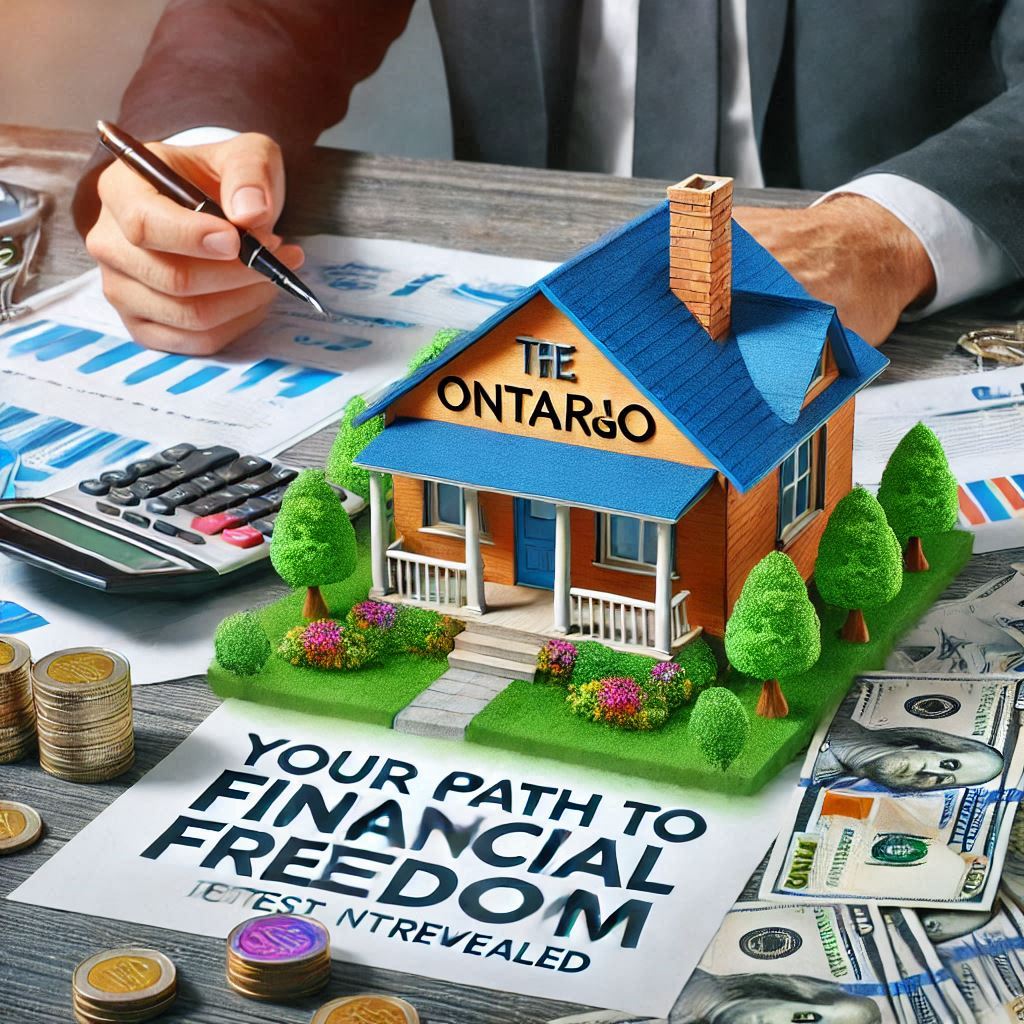
Canada’s Alternative Mortgage Solutions: Private, B-lender & Bad Credit, Islamic Financing Options
Obtaining a mortgage in Canada can be a headache especially when dealing with life situations that are out of your control. In the case that you are self employed or have been struggling with your credit score, more traditional options may not suit your needs. The same goes for those seeking financing that aligns with Islamic traditions.
These are what alternative mortgages are designed for.
Consider these not as uniformly molded products but rather as a collection of diverse options available for people with unique financial needs. From private lenders to B-lenders, smaller credit unions deviate from the norms set by the larger banks. These lending institutions tend to capture your financial life beyond the realm of credit scores and incorporate income flow including business ownership or freelance work.
These principles underpin Islamic compliant financing plans like halal mortgages. They facilitate home ownership without imposing interest, thus catering to individuals wishing to adhere to Sharia law.
While it is true that you’ll incur some higher costs, if you are left with a flat out denial from the bank, these options make sense.
Types of Alternative Mortgages
Individual Mortgages
Private mortgages are provided by either individuals or mortgage investment corporations, unlike standard banks. These lenders may not follow the same income and credit score thresholds. They usually pay more attention to the value of the property and the equity you have built up in it.
You fall short of meeting the typical bank requirements and your credit history is not the best. If quick cash is needed, as in a short-term real estate transaction, they often come in handy. Still, rates tend to be higher, with loan durations being shorter, and frequently loaned.
B-Lenders
B lenders are private lenders and conventional bank middle ground. Although they do have some discretion on who to accept, they are regulated. If you are self employed, have poor credit, or have more debt than a bank allows you to have, but still need acceptance in, a B lender might say yes.
Their flexibility exposes them to borrowers in dire financial straits. Even if the interest rates might be slightly higher than what big banks offer, B lenders tend to accept other documents to prove income.
Loans for Bridges
The purchases and sales of your properties do not always align with your schedule and, thus, a bridge loan comes into play. For example, you already booked a purchase for a new home but are still waiting on the sale of your previous home. A bridge loan will give you short-term financing to facilitate the transaction.
Normally, these types of loans are available for a couple of months and their interest rates are higher in comparison to other loans. Regardless, they still serve as a great option for buyers who have narrowed down their choices to two different properties.
Mortgages with Collateral Charges
A collateral charge mortgage is when the lender registers a larger amount than the one you initially borrow. This allows taking additional loans in the future without the hassle of refinancing. If you are planning on remodeling your home, paying existing debt, or if you will need extra credit in the near future, it can be useful.
Of note, there might be higher fees for switching lenders at renewal and it can make switching easier. This is the ideal choice for homeowners who slowly want to pay off their house since it leads to more freedom down the line.
Canadian Halal Mortgages
These are aimed at Canadians who observe Islamic finance. Unlike normal loans, halal mortgages do not charge interest, as they operate under the principles of Sharia law (riba).
The lender may buy the home and sell it to the buyer in installments, or it can be set up as a co-ownership or rent-to-own scheme, without interest accruing. A small but growing number of organizations offer these mortgages, which are fully legal in Canada.
Reverse Mortgages in Canada
Borrowing against the equity of a mortgage is possible with a reverse mortgage for homeowners 55 and above. The amount is repaid upon selling the house, moving out, or dying, which means no payments are made monthly.
People who are wealthy yet cash-strapped and need money for day-to-day living, property upkeep, or medicine might find this information useful, however, remember that the value of the estate will diminish with the debt that keeps compounding over time.
Mortgages for construction
A building mortgage might be helpful for starting from scratch or doing major renovations. Liberally speaking, the main difference is that in a regular mortgage, the money is provided all at once, whereas here it's issued in portions as the work is completed. This is usually done after inspections or achieving certain milestones.
These loans might pose some challenges. A detailed building plan, a reasonable budget, and a substantially larger down payment are often prerequisites. With the right project, though, it allows you to construct your home the way you envision it.
Mortgages for secondary purposes
This is a type of loan which a homeowner takes in addition to an existing mortgage, where they use their home equity as collateral. They are used to finance home renovations, education, or debt consolidation.
The monthly repayment for these is usually greater than the primary mortgage payment and is sought from a riskier lender who is paid second in case of default. Still, obtaining these loans can be valuable when substantial funding is needed without the need to liquidate the home.
Self-Employed Mortgages
Typically, self-employed Canadians find it difficult to qualify for regular mortgages because their income is not clearly presented in documents. These individuals are not completely devoid of mortgage options. It only means you will need a knowledgeable self-employment lender willing to cater to your circumstances.
In most cases, these mortgages need more verification in the form of bank statements, business documents, or even an accountant's letter. When scrutinizing your cash flow, lenders may take other factors into consideration beyond what your income statement indicates.
Vendor take-back mortgages
A vendor take-back (VTB) mortgage is a type of mortgage wherein the seller of a property finances part of the purchase. This means that instead of a financial institution or other lenders, some of your mortgage dollars will be supplied by the seller.
This can be useful for a buyer who wants to reduce the amount borrowed from the bank or does not qualify for a full mortgage amount. The terms are negotiable and depend on both parties’ agreements.
Rent-To-Own
Through rent-to-own agreements, you can occupy a house while you work towards buying it. You can set some rent money towards a down payment later. Usually, there is an agreement to allow buyers to purchase the property after a given date.
It is a step towards home ownership for those who are not yet qualified for a mortgage. Just be sure to understand the terms of the agreements—some documents just look good on paper but are quite different in reality.
Tailored Financing with Subpar Credit Ratings
Subpar credit limits possibilities, but does not completely eliminate them. There are some mortgage lenders that specialize in working with sub-prime borrowers. These lenders typically charge higher interest rates for adding greater restrictions to their criteria.
Overshadowed by other forms of borrowing, P2P lending enables individuals to take financial matters into their own hands, set their own rules, and lend directly to investors.
The Canadian market still has gaps when it comes to P2P lending, but many individuals utilize it as alternative financing when expecting conventional funds. The risk borne by the borrower determines the rates alongside the platform while demand among investors affects approval.Different kinds
Key Features
At Done Mortgage, we focus on providing personalized mortgage solutions. We understand that each financial journey is unique, and we go beyond what banks offer. Our team is here to help you at every step. This is true whether you are self-employed, have credit issues, or want a new way to own a home.
We focus on finding the best option for you. This includes private or B-lender mortgages, reverse mortgages, and halal financing. Give us a call today, discover the possibilities, and let us help you plan for the future.



